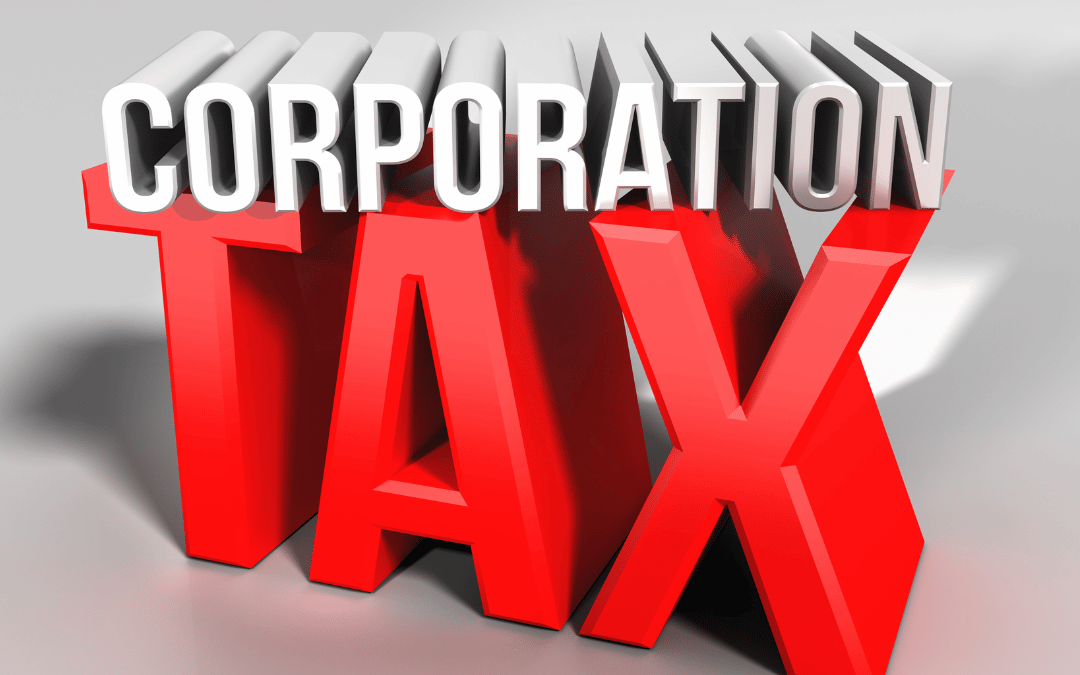Impact on Small Businesses
For small businesses, the increase in corporation tax will represent an additional financial burden. According to the government’s own estimates, around 10% of small businesses are expected to be impacted by the increase. For many small businesses, profits are already under pressure, and an increase in corporation tax could make it difficult to reinvest in the business, recruit new staff, or invest in new technology.
Additionally, small businesses are often unable to take advantage of the tax planning opportunities that are available to larger companies. This means that they will be unable to reduce their corporation tax liability as easily as larger businesses can. This is particularly true for businesses that operate in competitive markets, where profit margins are already thin. These businesses will have little choice but to absorb the increased tax costs, which could have a significant impact on their financial stability.
Allowances to Help Mitigate the Burden
Despite the challenges posed by the increase in corporation tax, there are a number of allowances available to help small businesses manage the burden. Here are some of the most important allowances:
Small Profits Rate
The small profits rate is a reduced corporation tax rate that applies to businesses with profits of £50,000 or less per year. The current rate is 19%, the same as the standard rate. However, when the new rates come into effect in April 2023, the small profits rate will be 19% while the standard rate will be 25%. This means that businesses with profits of £50,000 or less will not be affected by the tax increase and will continue to pay corporation tax at the current rate.
Capital Allowances
Capital allowances are a tax relief that allows businesses to deduct the cost of certain capital assets from their taxable profits. This includes items such as plant and machinery, equipment, and vehicles. The government has announced a number of temporary measures to support capital investment, including the super-deduction, which allows businesses to claim a 130% first-year capital allowance on qualifying plant and machinery investments until March 2023. This will help to reduce a business’s taxable profits, thereby reducing its corporation tax liability.
Research and Development Tax Relief
Research and development (R&D) tax relief is a tax relief that allows businesses to deduct the cost of qualifying R&D activities from their taxable profits. Small businesses can claim a higher rate of R&D tax relief, which means that they can deduct up to 230% of their qualifying R&D expenditure from their taxable profits. This will help to reduce a business’s corporation tax liability and encourage investment in R&D activities.
Loss Relief
Loss relief is a tax relief that allows businesses to offset losses against their taxable profits. This means that if a business makes a loss in one year, it can carry the loss forward to future years and use it to reduce its taxable profits. The government has announced that it will be extending the period for which losses can be carried back from one year to three years. This will allow businesses to claim a refund of corporation tax paid in the past and help to support their cash flow.
The increase in the UK corporation tax rate will have a significant impact on small businesses in the UK. However, there are a number of allowances available to help mitigate the burden. Small businesses can take advantage of the small profits rate, capital allowances, research and development tax relief, and loss relief to reduce their corporation tax liability. It’s important for small business owners to work with their accountants to understand the impact of the tax increase on their business and to identify any opportunities to reduce their tax liability.
In conclusion, the increase in the UK corporation tax rate will pose a challenge for small businesses in the UK, but it’s not an insurmountable one. With careful planning and the use of available allowances, small businesses can manage the burden and continue to thrive in the post-pandemic economy. It’s important for small businesses to seek the advice of their accountants and stay up-to-date with any changes to tax regulations to ensure that they’re taking advantage of all available opportunities to reduce their tax liability. Greystone Accountants specialise in helping small businesses with efficient tax planning, throughout the UK from its offices in Walsall, Birmingham and London.


Recent Comments